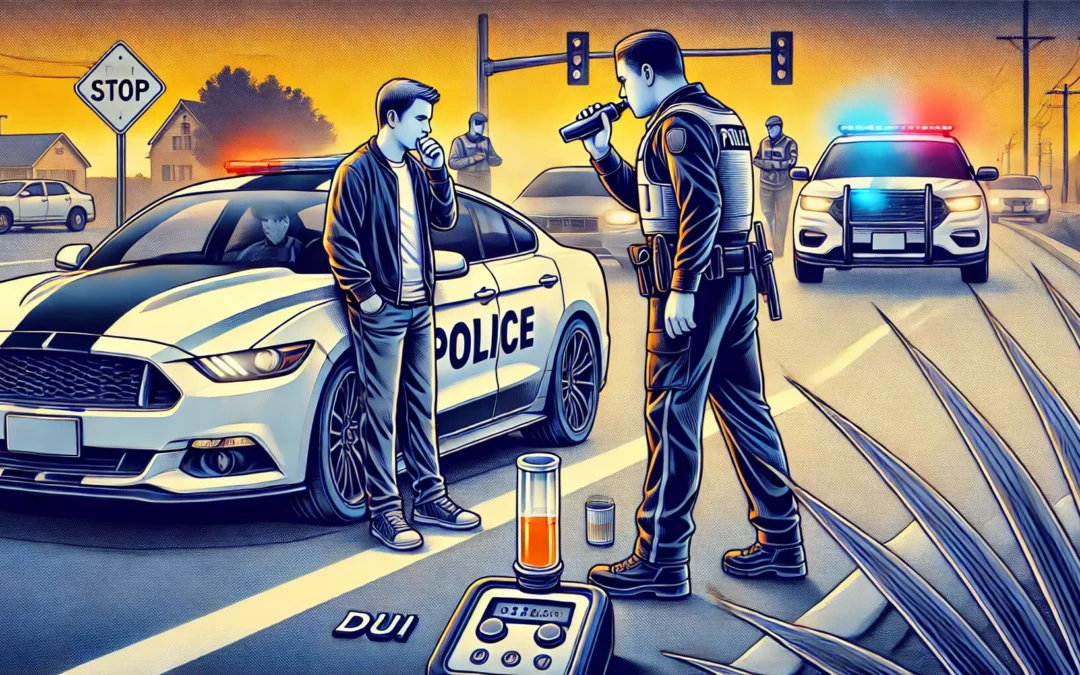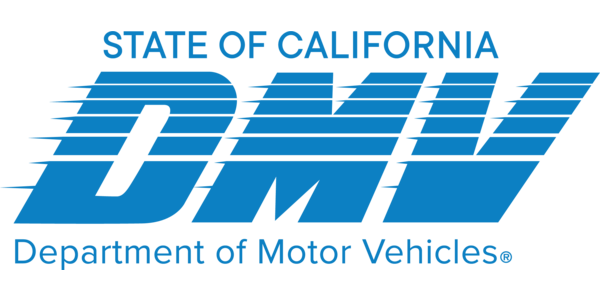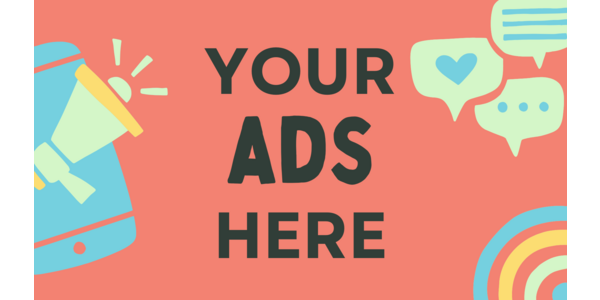DUI Arrests: What to Expect and How to Avoid Them
Being arrested for driving under the influence (DUI) is a serious offense that can have long-lasting consequences on your life. Understanding how DUI arrests work and what happens during the process can help you stay informed and prevent such situations from occurring. Here’s a breakdown of what you need to know about DUI arrests in California.
1. How a DUI Arrest Happens
A DUI arrest typically begins with a traffic stop. Law enforcement may pull you over if they suspect that you are impaired or violating traffic laws. Here are some common reasons a police officer might stop a driver:
- Erratic driving: Swerving, speeding, or failing to obey traffic signals can indicate impaired driving.
- Traffic violations: Running a red light, speeding, or failing to signal may prompt a stop, after which the officer may investigate further for signs of impairment.
- Routine checkpoints: Police set up DUI checkpoints to check for signs of intoxicated driving. If you’re suspected of being impaired, you may be asked to undergo further tests .
During the stop, the officer will observe your behavior and physical condition to determine if alcohol or drugs are involved.
2. Field Sobriety and Breathalyzer Tests
If an officer suspects you’re under the influence, they may ask you to take field sobriety tests (FSTs) or a breathalyzer test:
- Field Sobriety Tests (FSTs): These tests involve physical tasks like walking in a straight line, standing on one leg, or following an object with your eyes. Officers use them to check coordination, balance, and attention—skills that are impaired by alcohol or drugs.
- Breathalyzer test: This test measures your blood alcohol concentration (BAC). If your BAC is above the legal limit, you’ll likely be arrested on the spot .
While these tests are designed to gauge your level of impairment, results can vary based on different factors, like fatigue, medications, or medical conditions. Refusing a breathalyzer test can lead to immediate penalties, such as license suspension.
3. What Happens After a DUI Arrest
Once you are arrested for DUI, the following process typically occurs:
- Booking and processing: You’ll be taken to the police station, where your personal information will be recorded, and you may be held in custody for a period of time. In some cases, you may be released on bail.
- Vehicle impoundment: Your car may be impounded, requiring you to pay fees to retrieve it later.
- Chemical tests: After arrest, you may be required to submit to a chemical test, such as a blood or urine test, to confirm the presence of alcohol or drugs in your system .
Failure to comply with these requirements can lead to additional charges and penalties.
4. Immediate Consequences of a DUI Arrest
A DUI arrest can lead to serious consequences even before a trial:
- License suspension: California’s Administrative Per Se (APS) law allows the DMV to automatically suspend your license if you fail a breath test or refuse to take one. This happens whether or not you are convicted in court.
- Court appearance: After arrest, you will need to appear in court. At this hearing, you’ll learn the charges against you and the potential penalties you’re facing .
The arrest process can be overwhelming, but understanding these steps can help you prepare for what’s next.
5. How to Avoid a DUI Arrest
The best way to avoid a DUI arrest is by making responsible decisions before getting behind the wheel. Here are some practical steps:
- Use a designated driver: If you plan to drink, arrange for someone else to drive or use a rideshare service.
- Know your limits: Keep track of your alcohol intake and give yourself enough time to sober up before driving.
- Stay off the road if impaired: If you’ve consumed alcohol or drugs, don’t risk driving. Find an alternative way to get home .






Recent Comments